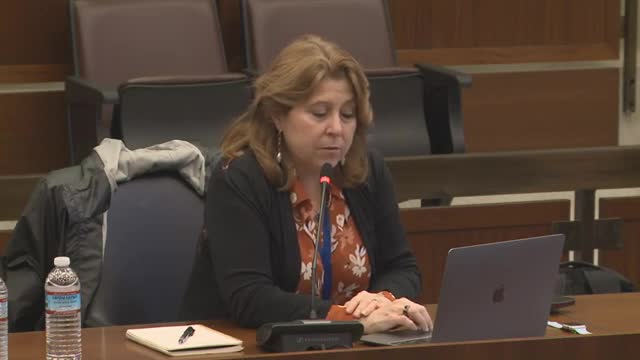Article not found
This article is no longer available. But don't worry—we've gathered other articles that discuss the same topic.
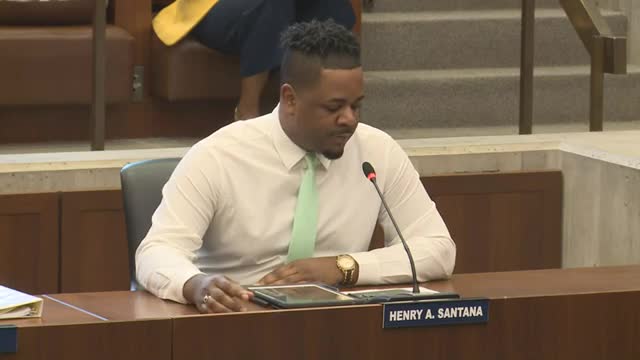
Council hears updates on Blackstone, gym and pool repairs, and White Stadium funding
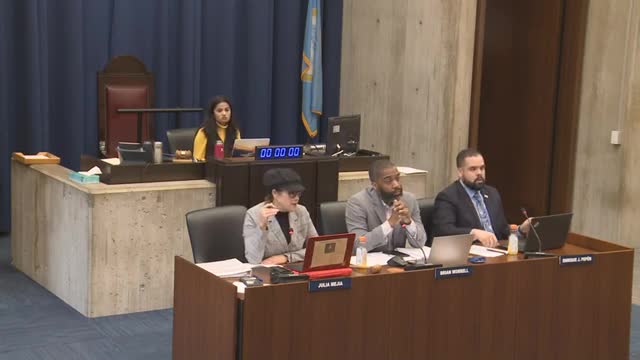
BPS officials report record numbers of students experiencing homelessness and describe integrated supports
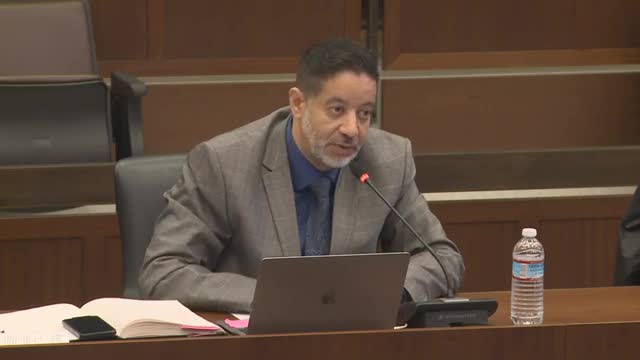
BPS credits Zoom bus‑tracking for routing savings; district readies RFP on stop‑arm cameras
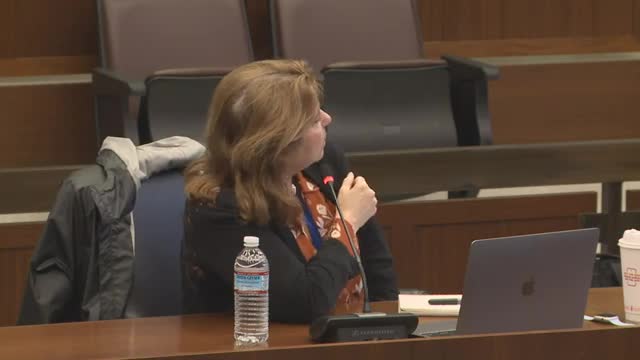
BPS describes hub‑school model as community‑driven but standardized for equity
